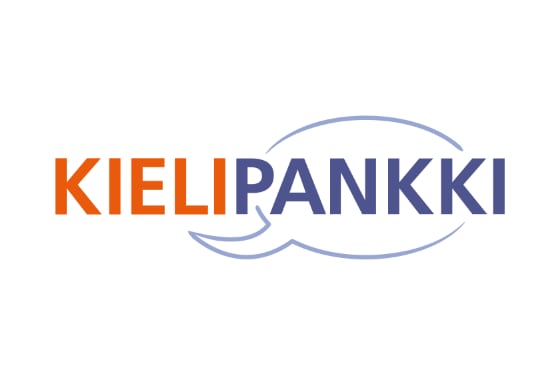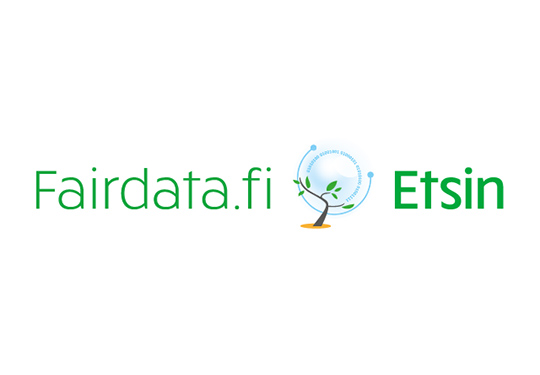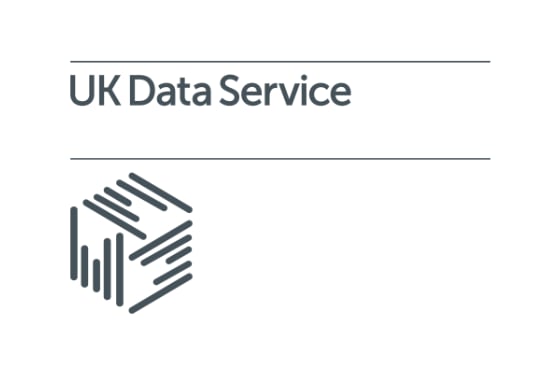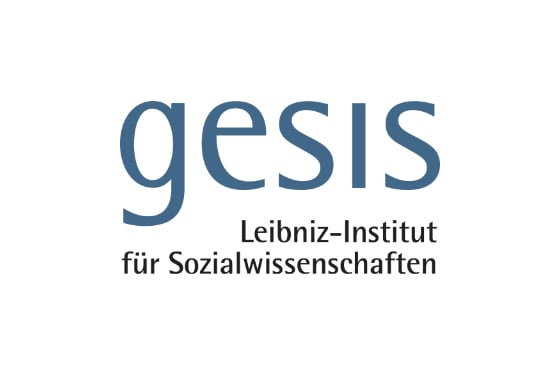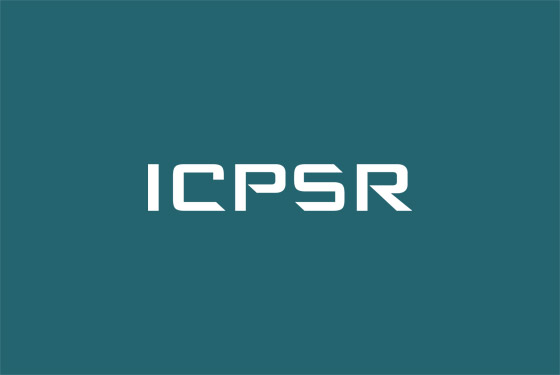Children, Childhood and Family
FSD holdings contain a number of data series and individual datasets suitable for research on children, childhood and family.
There are also many datasets that contain individual questions and variables which are potentially useful to researchers of the subject. The data archived at the FSD can be downloaded free of charge from Aila Data Service, according to the conditions set for each dataset.
Please note that below is listed only a sample of all data available at the Data Archive and we encourage you to use keyword search more datasets on the subject on Aila. In addition, datasets suitable for research on the theme may be found from other European data archives by using CESSDA Data Catalogue (Opens in new tab).
Questions and variables of quantitative datasets that have been fielded in English or translated at the FSD can be explored by browsing through Aila variable search. If a quantitative dataset has not yet been translated, you can request a translation free of charge. Qualitative data are only available in their original language. Where applicable, all related materials are freely accessible on the study description page of each dataset.
Recent Data Releases
- Quantitative study: Jyväskylä Longitudinal Study of Personality and Social Development (JYLS): Self-Ratings of …
- Quantitative study: Fertility Preferences: Global Data 1936-2023
- Quantitative study: Child Barometer 2024
- Quantitative study: Quality and Effectiveness of Social Work: Client Survey for Families with Children 2025
- Quantitative study: Filipino Experiences of Recruitment to Finland 2024
- Quantitative study: Jyväskylä Longitudinal Study of Personality and Social Development (JYLS): Interviews of …
- Quantitative study: Jyväskylä Longitudinal Study of Personality and Social Development (JYLS): Life Situation …
- Quantitative study: Jyväskylä Longitudinal Study of Personality and Social Development (JYLS): Life History Calendar of …
- Qualitative study: Introduction Interviews of Actively Gaming Adolescents 2022-2024
- Quantitative study: Sixth Graders Online Credibility Evaluation Skills 2020-2021
- More data on Aila Data Service
- Quantitative study
- Qualitative study
Datasets on the theme
FSD3497 Child Barometer 2020
The study surveyed Finnish six-year-olds' well-being and ideas of good life. The data were collected during the coronavirus pandemic.
FSD3441 Child-up: Survey for Children and Young People 2019
The survey charted the experiences of children and young people regarding language skills, multilingual communication, and success at school. Data were collected in Finland, Belgium, Germany, Sweden, Italy, Poland, and Great Britain.
FSD3311 Tales and Stories from Finland and Abroad Told by Children 2000-2013
The data consist of tales and stories told by children that were collected in different cities in Finland by using the storycrafting method. The dataset is available in the original languages (the languages used to tell the stories and possible translations by the researchers).
FSD2547 Nordic Study on Child Rights to Participate 2009-2010: Nordic Countries
The main aim of the survey was to investigate to what extent children and young people can influence matters at home, school and in society and what issues they would like to have influence on. The integrated dataset contains the responses of 5,775 pupils in Finland, Sweden, Norway, Island and Denmark.
Data series
Data in these series also include questions on the theme.
Datasets elsewhere
People interested in finding data on children, childhood and family should also take a look at data available at other data archives around the world.
In Finland, the Language Bank of Finland (Opens in new tab) also provides services to researchers and archives audio and video material. Research data produced in Finland may also be searched via the Fairdata.fi Etsin (Opens in new tab) . Services of various European social science data archives can be accessed through the website of CESSDA (Opens in new tab) . The UK Data Service (Opens in new tab) has, among other things, a wide variety of excellent qualitative data. Another good source of data is the German GESIS - Leibniz Institute for the Social Sciences (Opens in new tab) . The extensive holdings of the American ICPSR (Opens in new tab) are also well worth searching.

